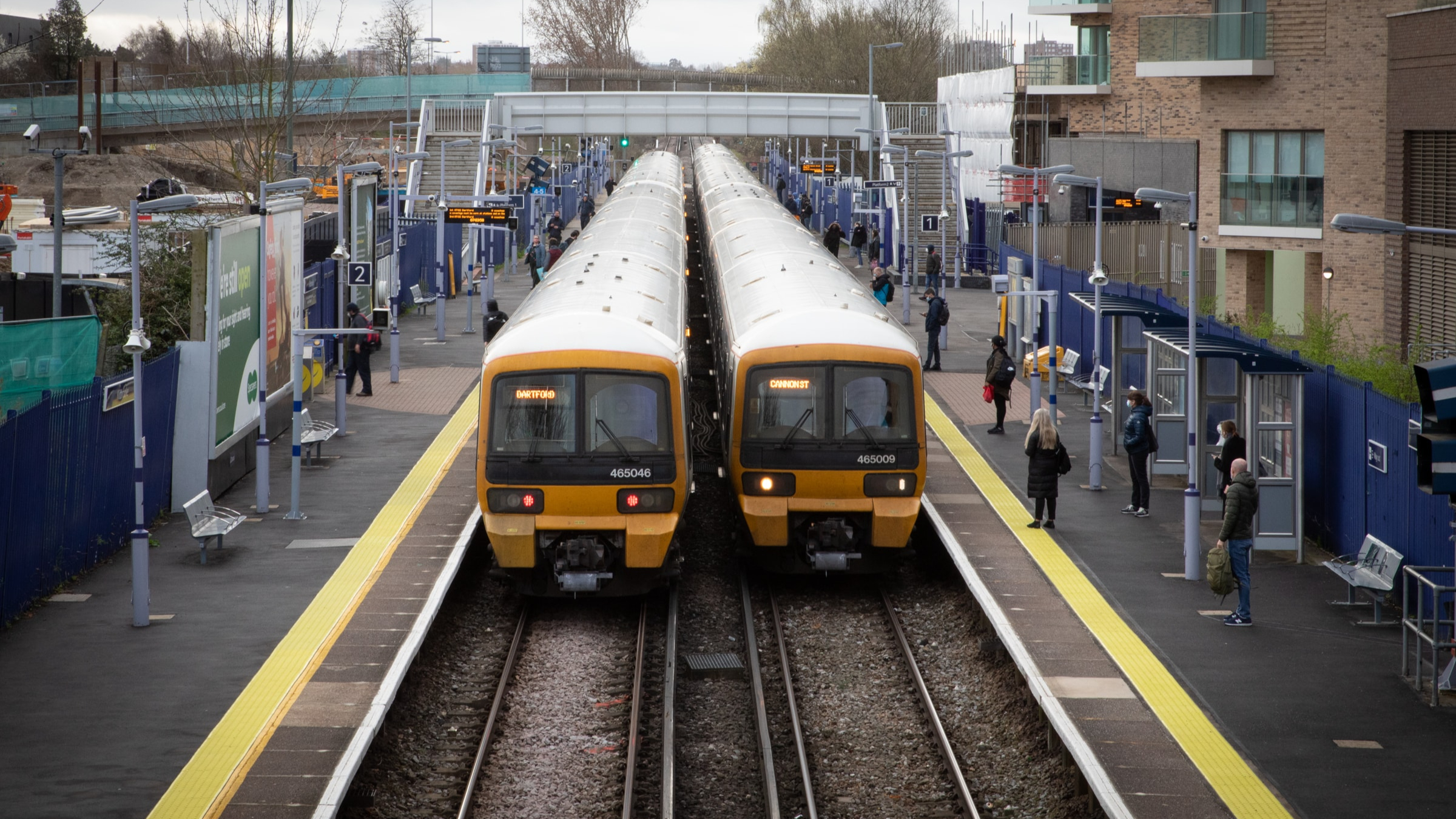 The British rail operator Southeastern has issued an invitation to negotiate with five rolling stock manufacturers shortlisted in the tender for new commuter train fleet.
The British rail operator Southeastern has issued an invitation to negotiate with five rolling stock manufacturers shortlisted in the tender for new commuter train fleet.
Alstom, CAF, Hitachi, Siemens and Stadler are the rolling stock manufacturers which are expected to deliver competitive offers for new train fleet to replace the existing Networker electric multiple units. The timescales for the introduction of the trains will also be developed as part of the procurement process. However, Southeastern has set bidders challenging targets to deliver as soon as possible.
“Despite the sterling work of our people to keep our current Metro fleets in service, our customers will know only too well that many of the trains are tired and, in terms of accessibility and customer facilities, have fallen behind what is available elsewhere on the Southeastern network and across the country. We are now inviting competitive offers from our short-listed suppliers and want to bring modern rolling stock to our railway for the benefit of customers and taxpayers,” Steve White, Managing Director, Southeastern, said.
The project is part of the operator’s efforts to deliver a better, more reliable and sustainable railway transport. The features of the new trains will include improved accessibility to maximise unassisted boarding, brighter and more spacious interiors in order to provide more space for more customers, air conditioning to provide a better and more comfortable environment, particularly as our summers become warmer. The new commuter train fleet will be equipped with improved customer information to keep customers up-to-date and to plan onward journeys, improved acceleration and braking to help deliver a more punctual and low-cancellation railway as well as onboard batteries to keep trains running in the event of power supply failure as well as enhancing safety in stations, depots and sidings.
The company says that this project “could be the largest investment in Southeastern for decades, but would also benefit taxpayers in the south-east and beyond as a new or improved metro fleet would reduce maintenance and repair costs and be more energy efficient – all helping to reduce taxpayer subsidy and, in turn, encourage more people to travel by train.”
“This is great news for the rail manufacturing industry and forms part of an estimated GBP 3.6 billion to support the sector in the coming years, making us one of the largest in Europe by the end of the decade. Modernising rolling stock is crucial to delivering a sustainable, reliable and growing rail network, encouraging more people to travel by train, and I’m pleased millions of passengers will be able to benefit from this investment for generations to come,” Rail Minister Huw Merriman said.
Southeastern, which provides up to half a million journeys every day across south-east London, Kent and parts of Sussex, operates a mixed fleet of trains across highspeed, longer distance mainline services and its commuter-style, metro, services. Current fleet provides more than 900 services and tens of thousands of journeys every day between parts of Kent and south-east and central London.
Share on:



